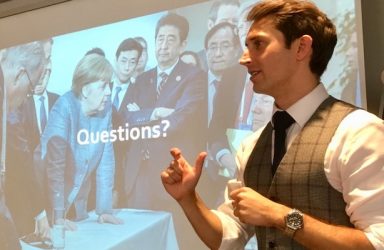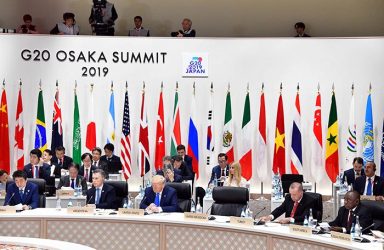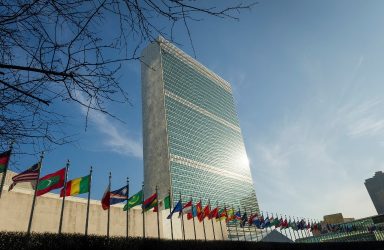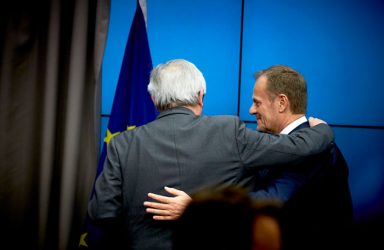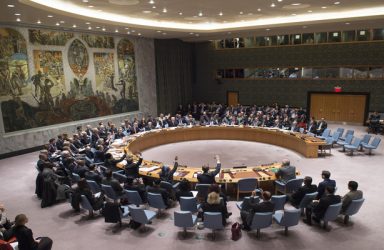Interview – Tristen Naylor
Tristen Naylor considers the English School research agenda, his theory of ‘international social closure’, global governance, and fieldwork at the G20 and G7.
Review – Social Closure and International Society
Naylor’s framework analyses how state and non-state actors compete for status within international society by focusing on social division, stratification and closure.
Political (In)Security in the Middle East
Weak states are problematic because their internal politics are often violent, and their domestic insecurity often spills over to disrupt the security of neighbouring states.
Developing Countries and UN Peacebuilding: Opportunities and Challenges
We must ask questions about how to reform historically rooted principles, norms, expectations, and understandings about how to achieve a sustainable peace in the international society.
The English School World Society Debate: A Forum Article
The political world beyond society of states plays a significant role in world politics and as such world society remains squarely on the agenda of the English School.
The Beginning(s) and End(s) of the International Order
As statesmen turn to ad hoc foreign policy by tweet it may be time to resuscitate the importance of “international society” as a means and ends of international order.
Great Power Management: English School Meets Governmentality?
Various non-governmental agencies are identifying the sins of the world while leaving to the states the managerial task of actually addressing the problems.
The English School and Humanitarian Intervention
Pragmatic humanitarian intervention is an attempt to ensure that R2P is aligned with a traditional pluralist conception of how key international institutions work.
Pluralism and International Society
One of the distinguishing characteristics of international society is its attention to a plurality of states operating within a mutually recognised society.
Shifting Gears: From Global to Regional
Does it still make sense to speak of a global international society? And what methodological challenges does this pose to the English School?
